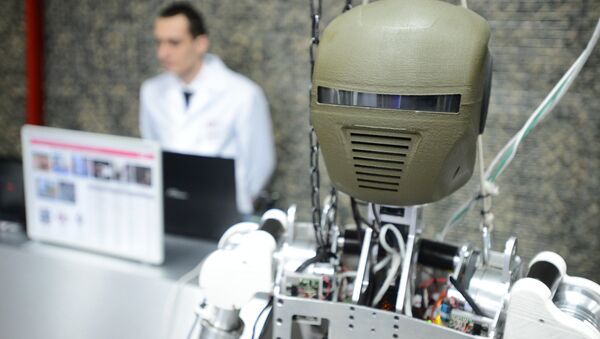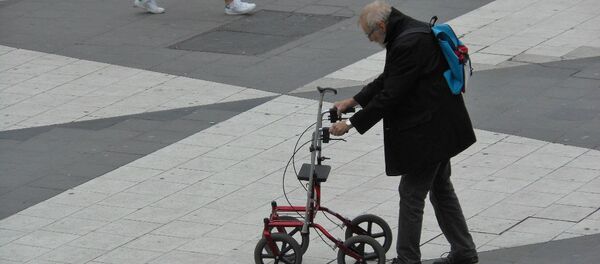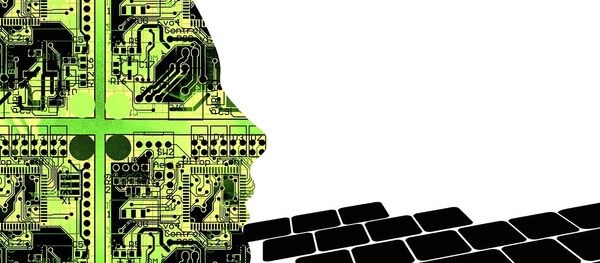According to EVA, Finnish nurses may soon be working side by side with their robotic colleagues, as Finnish hospitals, hospices and care homes may soon be partly staffed by automatons.
"Robots may serve for the transportation of patients and equipment, recording vital functions and measuring out medication," Mari Kangasniemi, one of the authors behind EVA's report told Finnish newspaper Uusi Suomi. "For instance, distribution of medicines by a robot has been proven to reduce mistakes and increase safety."
Robotit tulevat —onko #ammatillinenkoulutus valmis? Ovatko tutkintomme ajantasalla? https://t.co/mlRajOq65d @EVA_fi pic.twitter.com/CNSAWe9X2I
— AMKE (@amketoimisto) September 14, 2016
According to the reports, robots will gladly take on repetitive and monotonous tasks, allowing them to shift more working time to patient care that requires expertise. Robotic solutions are thus expected to partly relieve the nurses from direct patient care.
Finland's population is ageing, and the demand for healthcare personnel is expected to increase by 10 percent by 2026, whereas the demand for care staff will rise by nearly 20 percent, which is exactly the number that is expected to be replaced by robots.
Additionally, the need for a human touch remains unaltered despite the larger part robots will play. Nurses will still be needed to evaluate data provided by robots, whereas interpretation and judgment will still be carried out by trained doctors.
Population aging has emerged as one of the essential problems facing the developed nations, and consequently the problem posed by the elderly population is gaining increasing importance when considering the future and development of the society.
Finland's ageing population suffers from many ailments. In 2009, nine out of ten Finnish women of retirement age reported constant health problems, with back pain, joint pain and insomnia being the most common symptoms. Ninety four percent of Finnish women and 86 percent of Finnish men regularly use medication.







